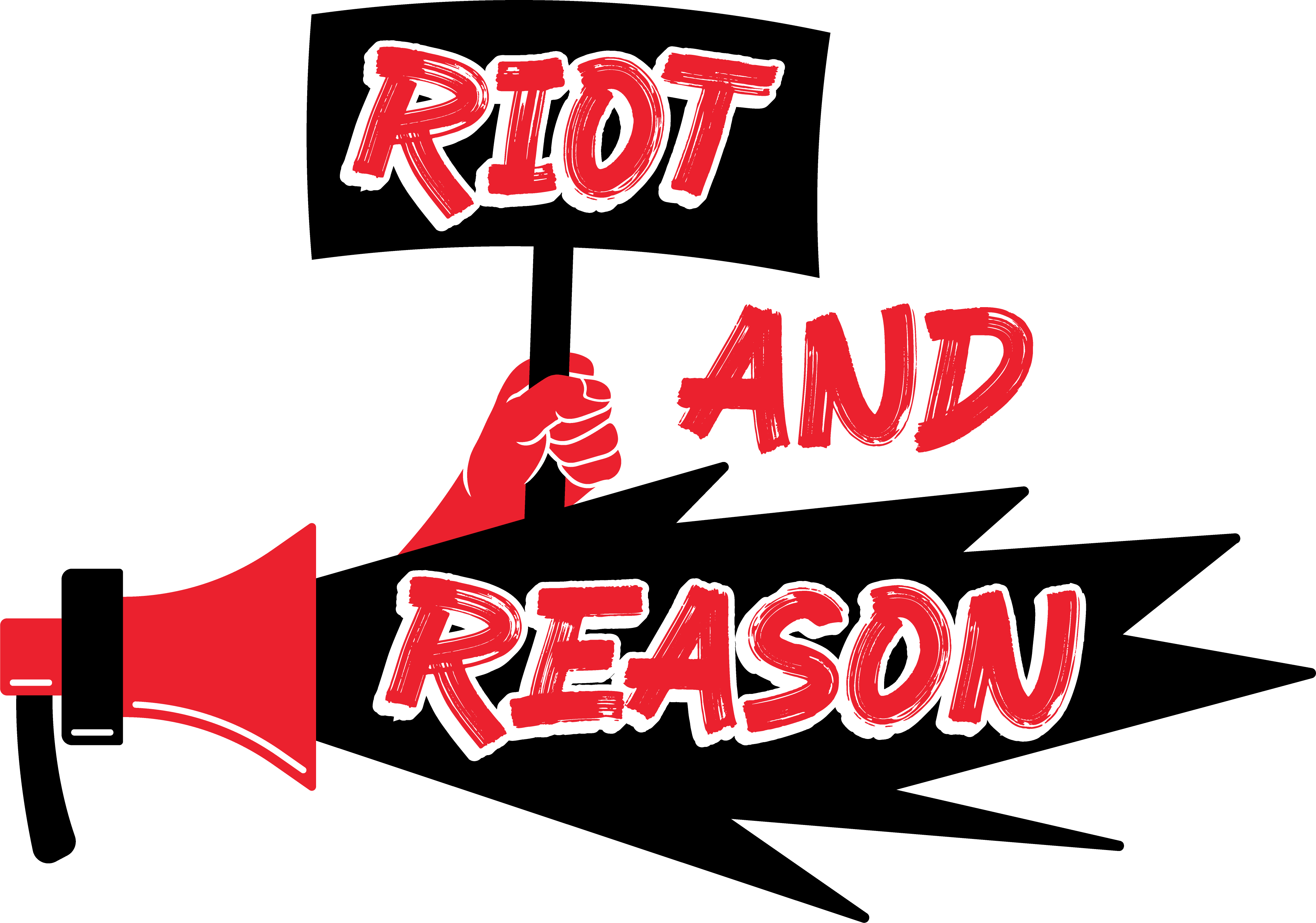
Ignorantia Legis Neminem Excusat. A foundational principle of law. For normal people who are yet to have their Elle Woods moment, or casually take up Latin, this legal phrase means ignorance of the law excuses no one. Ironic. Because if the law is meant to uphold justice and provide us safety and freedoms, a plea for plainer language shouldn’t be needed.
It’s not like we’re misunderstanding (or ignoring, as this phrase so eloquently implies) a film plot, recipe, or Ikea manual. These are our rights. And we have a right to know them. A reason given for such inaccessible language is that the law should be taken and applied seriously. This is Riot and Reason, not the local spoons racist. Of course the law should be put into practice in this way. And we can’t ALL watch an episode of Suits and have a sudden career change. Lawyers have a highly skilled job in a very important field, and that should be respected – if you can bear to inflate their egos any more. But the alienating language doesn’t make this respect feel mutual. For Jade Smith, 27, from Buckinghamshire, it felt like blatant patronising.

Here’s Jade’s testimony: When buying her first property, it wasn’t the money for a deposit or the stress of the logistics that were the hardest. It was the language barriers between her and the legal process. “The whole system was really intimidating. I didn’t know what I was looking at half the time. So many terms were completely foreign to me, and I was scared I’d sign something that would backfire later. It felt like I needed a law degree just to know what I was agreeing to. My solicitor was helpful but quite formal, and I felt too embarrassed to ask for explanations because I didn’t want to seem ignorant or unintelligent. When I did ask questions, the answers were often just as complicated as the documents. I spent hours on Google just to feel like I had some sort of understanding and control over what was happening.”
And Jade is not alone. Cognitive scientists at MIT investigated this problem, and compared legal jargon to ‘magic spells’. Yes, these are some of the smartest people in the world, comparing our legal framework to magic. At least fairytales are easier to follow. Because as spells use rhymes and irregular language to show a sense of power, legal language also tries to bring a sense of authority. Comparing the law to fiction sounds insane – and a tad concerning – but this language clearly has us in a chokehold. The MIT study found that even people who aren’t lawyers use it when asked to write laws. So are we all just using language to fake it till we make it?
Efforts have been made to cut this fallacy when providing free legal advice. Anne-Marie Dhillon, clinic support and development officer at Law Works – a charity that connects volunteer lawyers with people in need of legal advice – encourages clear communication with clients. “We often provide both a formal legal version and a plain-language summary of key documents, especially for things like tenancy agreements, employment contracts, or consent forms to help people understand their rights and obligations,” she says. “The law requires precision. Terms are often used in very specific ways that might not match their general usage. Without proper explanation, that kind of specialised meaning can be confusing. The result is that many people find legal documents inaccessible, even when the content directly affects their rights.”
This false, and quite frankly embarrassing, sense of power being fostered through fancy words doesn’t reach those on the receiving end of it though. “It feels like a secret language designed to exclude regular people,” says Jade. “Most of us aren’t taught any of this unless we work in law or have been through it already.” So it seems like the system wants ordinary people to fail. But if the law is so serious, why does this feel like a prank? And why are our freedoms the butt of the joke? (Spare me the defamation).
By comparing thousands of legal contracts with other types of texts, the cognitive scientists uncovered a case: lawyers have a common writing pattern of inserting long definitions in the middle of sentences. Although not the crime of the century, this does make information harder to follow and understand. The use of ‘unnecessary jargon’ found didn’t help either. “If things had been written in plain language, I could have moved faster and felt more confident throughout the process. But I was so anxious about making an expensive mistake,” says Jade. “I actually think some of my excessive solicitor’s fees came from extra hours spent on emails and phone calls because I needed so much clarification. If I had understood the basics better, it probably would have saved both time and money. The whole setup seems really unfair. This was a major life event for me, it shouldn’t have felt like trying to crack a code.”
So how do we solve this injustice? “Simplifying legal language would be extremely beneficial. When individuals can’t understand the documents that affect their housing, employment, or family rights, they are at a serious disadvantage,” Anne-Marie says. “Clearer language promotes fairness, transparency, and accessibility.”
“The law is supposed to serve people, not confuse or intimidate them. Modernising our communication style is one way to make that principle a reality.”
Legal papers were littered with uncommon words in the MIT study. Why use ‘lessee’ and ‘lessor’ when ‘tenant’ and ‘landlord’ exist? When these words were changed to their more straightforward form, understanding and memorability of the information increased. In fact, there were more opportunities to simplify words in legal documents than academic texts – and at least putting yourself through the torment of reading that is a choice with a qualification at the end of it. Jade was just trying to move out of her childhood bedroom, not enroll on a linguistics degree.
“Laws and legal documents are written in such a structured and formal way primarily for precision, consistency, and clarity within the legal system. Legal language aims to avoid ambiguity, which is crucial because a small misinterpretation can drastically alter the outcome of a case or the enforcement of a contract,” says Anne-Marie. “Complex ideas sometimes require specialised language to express them fully and accurately. So while it’s not always necessary for the language to be ‘complicated,’ it is often necessary for it to be exact. Unfortunately, sometimes that precision ends up sounding confusing.”
Maybe we’re all being too sensitive though. Constantly communicating through text, we’re all guilty of misinterpreting meanings. But it’s quite difficult to not be put off by all caps. Even the academics said that the common use of this in legal documents meant the law comes across as passive. So the law is not just looking, but apparently shouting down at people.
Here’s the verdict. We’re all going to come into contact with the law at some point in our lives. If it’s going to be held to this high standard, at least make it accessible. OBJECTION: NO ONE UNDERSTANDS WHAT THE LAW SAYING.






